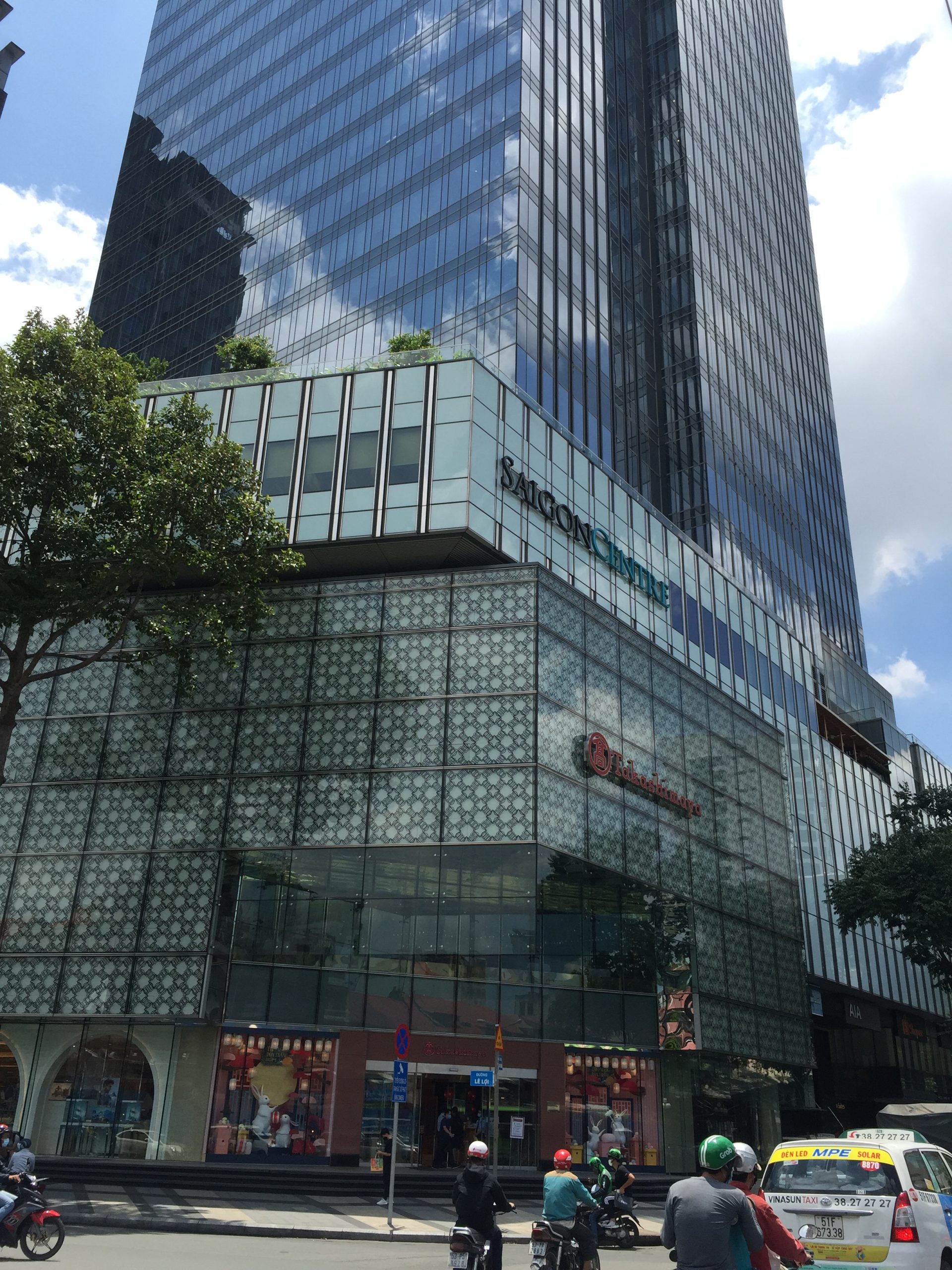When a foreign investor sets up a company in Vietnam, two certificates must be obtained in sequence: the Investment Registration Certificate (IRC) and the Enterprise Registration Certificate (ERC). After acquiring these certificates, the investor must also register for a tax code and complete procedures for company seal registration and public announcement.
Some industrial park management companies handle these procedures on behalf of tenants. However, if they do not, investors need to entrust these processes to a consulting firm, accounting firm, or law firm.
1. Investment Registration Certificate (IRC)
For manufacturing companies, the application for the IRC is generally submitted to the management board of the industrial park or the Department of Planning and Investment where the factory will be located.
If the industrial park does not have a management board, the provincial People’s Committee serves as the issuing authority.
Required documents for IRC application include:
-
Application for investment project
-
Certified copy of business registration certificate (for corporate investors)
or certified copy of passport (for individual investors) -
Investment proposal, including:
-
Investor’s name
-
Purpose of investment
-
Scale of investment
-
Total investment capital
The proposal must include:
A. Production capacity for the next three years
B. Projected profit and loss for the next three years
C. Investment Capital – the total planned capital to be invested
D. Charter Capital – the capital that must be remitted to a Vietnamese bank account within 90 days after the IRC is issuedAlthough capital contributions can include equipment, tools, or technology instead of cash, the lack of clear valuation guidelines for such assets may delay approval.
Note: The difference between investment capital and charter capital represents the potential borrowing capacity for long-term loans.
For example, if the investment capital is 50 million yen and the charter capital is 10 million yen, the company can borrow up to 40 million yen from banks. Generally, a ratio of around 20% charter capital to total investment capital is appropriate.E. Flow chart with photos showing the manufacturing process
F. List of chemicals used in production and their Safety Data Sheets (SDS) -
-
Certified copies of the investor’s financial statements for the last two fiscal years
-
Certified copy of bank balance certificate (the balance must be at least equal to the charter capital amount if contributed in cash)
-
Land purchase or lease agreement with the industrial park
All documents must be notarized in Japan, authenticated by the Vietnamese Embassy or Consulate, and then notarized again in Vietnam.
If all documents are in order, the IRC is typically issued within 15 business days after submission.
2. Enterprise Registration Certificate (ERC)
After obtaining the IRC, the investor must apply for the ERC.
The enterprise registration number listed on the IRC becomes the tax code.
Required documents for ERC application:
-
Enterprise registration application form
-
Certified copy of the company charter
-
Certified copy of the list of shareholders
-
IRC
-
Certified copy of the investor’s legal representative’s passport
-
Certified copy of the local company’s legal representative’s passport
These documents must also be notarized and authenticated in Japan, then notarized again in Vietnam.
If there are no deficiencies, the ERC is usually issued within three business days after submission.
3. Company Seal Creation
After obtaining the ERC, the company must create its official seal.
The design, content, and number of seals can be freely determined by each company.
Once all the above steps (1–3) are completed, the establishment of the Vietnamese legal entity is officially complete.
However, depending on the industry and type of products manufactured, licenses may not be granted in some cases.
It is therefore essential to check with the management company of the intended industrial park beforehand to confirm whether a license can be issued.
In particular, the Vietnamese government has recently tightened waste management regulations, and licenses may be denied for industries involving plating or dyeing processes, so investors should exercise caution.

の外観.jpg)

![[Part 1] Short-Term Serviced Office Rental Vietnam|Why flexibility is essential now?](https://sotochika-office.com/wp-content/uploads/2025/05/R0003625-scaled.jpeg)
![[Part 2] Short-Term Serviced Office Rental Vietnam|Why flexibility is essential now?](https://sotochika-office.com/wp-content/uploads/2025/08/z6807120081634_340de811f5cd7edb71b62a3cdcb2826312122.jpg)
![[Part 1] Strategic Location in Le Thanh Ton: Why This Area’s Hotels & Restaurants Boost Business Networking Success?](https://sotochika-office.com/wp-content/uploads/2025/09/upscalemedia-transformed-29-scaled.jpeg)
![[Part 2] Strategic Location in Le Thanh Ton: Why This Area’s Hotels & Restaurants Boost Business Networking Success?](https://sotochika-office.com/wp-content/uploads/2025/09/14248183324_826f2cb293_h.jpg)
![[Part 1] How flexible office rental transformed our startup growth story](https://sotochika-office.com/wp-content/uploads/2025/08/upscalemedia-transformed-9-scaled.jpeg)

![[Part 1] What Are the Pitfalls in Establishing a Representative Office in Vietnam?](https://sotochika-office.com/wp-content/uploads/2025/08/1749086829857.jpg)

